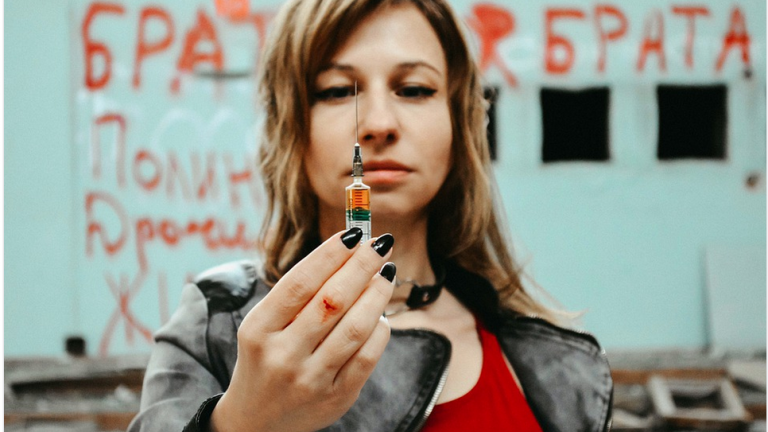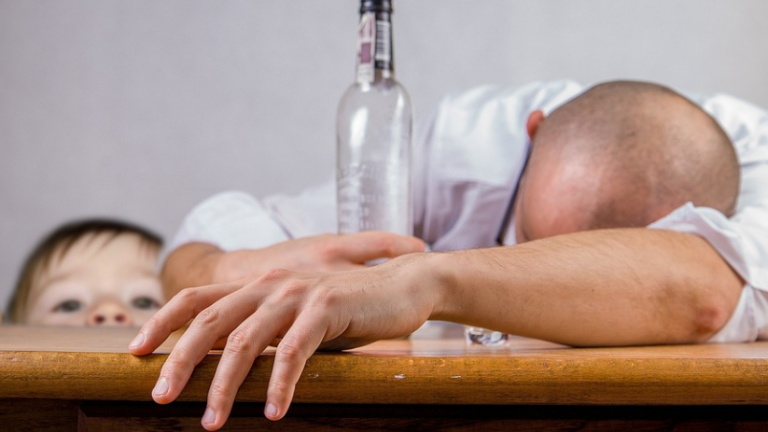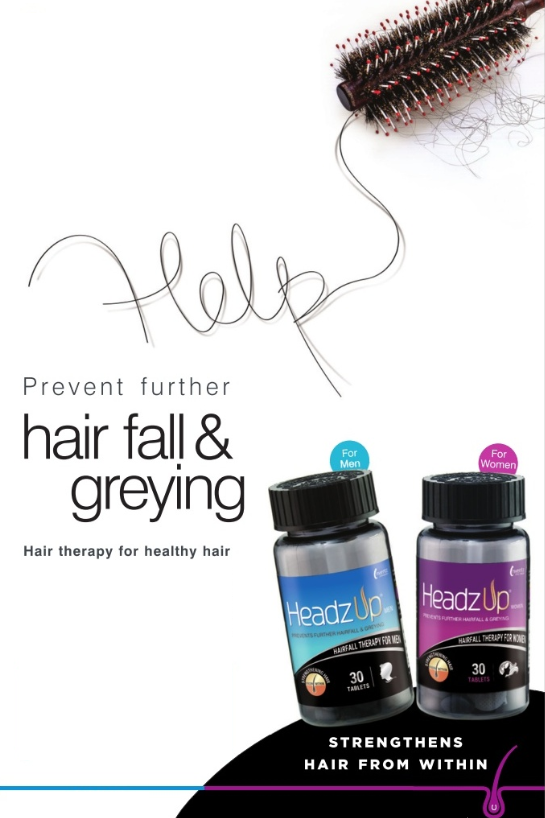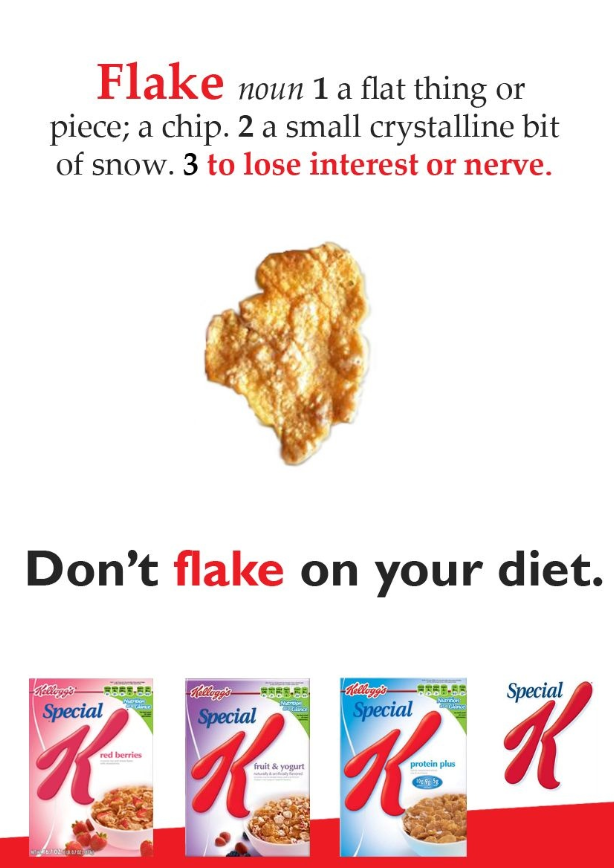
How to Prevent Addiction Relapse
Drug addiction is a serious condition, and the worst part of it is that it is difficult to treat. Even if you enroll in a rehab program, it is hard to stay for the entire program, and if you do, there are chances that you might relapse again. Thumbs up for anyone who has completed a rehab program and has not relapsed yet.
One of the rehabilitation center treatment procedures includes teaching the addicts on what they can do to stay sober after completing the program. However, not all of them end up staying drug-free. For starters, avoiding putting yourself in stressful situations is important. Many studies have explained The Link Between Stress and Relapse and how you can prevent it.
Below are some other ways substance recovering abusers can use to stay drug-free:
Avoid Tempting Situations
 One of the leading reasons behind relapses is patients putting themselves around tempting situations. Once someone has completed a rehab program, they go back to hang out with their former friends, who might still be substance abusers. While you might feel strong enough to resist temptation, staying around the substance users can be highly tempting, especially if you have just completed your rehabilitation.
One of the leading reasons behind relapses is patients putting themselves around tempting situations. Once someone has completed a rehab program, they go back to hang out with their former friends, who might still be substance abusers. While you might feel strong enough to resist temptation, staying around the substance users can be highly tempting, especially if you have just completed your rehabilitation.
You might give in and start trying smaller doses, and before you know, you are addicted again. Avoid hanging around people using the same substance you were using. If possible, avoid visiting areas that can remind you of the ‘good times’ you used to have. A small trigger can lead to a relapse.
Join Supportive Social Groups
If you have an addiction problem, making it go away even after successful treatment can be challenging. Joining social groups consisting of people who previously had a substance abuse problem can help you stay drug-free. Addiction is a problem that need you to surround yourself with people of a positive mindset. If you meet once in a while, share your stories, you will be better placed emotionally to avoid any situation that can lead to a relapse.
Stay Active
 Staying idle can make you entertain the thoughts of substance abuse again. It would be best to come up with a routine for daily activities as soon as you are out of treatment. You can include activities like meetings, treatment visits, work, some family time, and even exercise. When you stay active, you are not only living healthy but also avoiding relapse situations.
Staying idle can make you entertain the thoughts of substance abuse again. It would be best to come up with a routine for daily activities as soon as you are out of treatment. You can include activities like meetings, treatment visits, work, some family time, and even exercise. When you stay active, you are not only living healthy but also avoiding relapse situations.
Do Not Consider Relapse as Failure
It is difficult to get over substance abuse problems, and if you retreat, that is not a failure. If you think it as a failure, you can get stressed, driving you more into addiction. If you relapse, think of a way on how you can resume your treatment program. Ensure that you surround yourself with supportive people to help improve your recovery.…

Choosing a Drug and Alcohol Rehab
Drug addiction is real, and it is affecting many youths and adults across the globe. Once you realize that your loved one is addicted, you should start the journey of getting them help. The best help you can give them is to enroll them in a rehab center. There might be many centers in your area but choosing the best is not easy because they are meant for different clients and they use differed treatment approaches. It is key that you select a center you are comfortable with. In this article, we are going to discuss some factors to consider in the selection of drug and alcohol rehab.
Location
 Some people prefer to get admitted to rehabs near home so that they can still feel connected to their family. Others want to be alone hence travel miles away for rehabilitation. On the same note, the setting or area of location can be a significant factor. By setting I mean, some people would love centers in ocean settings while others want centers in mountainous regions. It might sound like a small issue, but it makes a whole difference to some people.
Some people prefer to get admitted to rehabs near home so that they can still feel connected to their family. Others want to be alone hence travel miles away for rehabilitation. On the same note, the setting or area of location can be a significant factor. By setting I mean, some people would love centers in ocean settings while others want centers in mountainous regions. It might sound like a small issue, but it makes a whole difference to some people.
Type of Treatment
Does the center use a single treatment method or they have diversified? A combination of many treatments has been found to be helpful. Among the common treatment, techniques include group and individual sessions, family counseling, cognitive behavioral therapy, 12, and non 12 steps. You will be better placed to get a facility that offers a combination of the above techniques.
Dual Diagnosis
Some people turn to drugs because they are struggling the anxiety and depression and they are looking for something to keep them cool. If this is your condition or of your loved ones, it is advisable to choose a facility which offers treatments to both issues.
Family Involvement
 Addiction does not only affect the person but everyone else around them. It is critical that the family is engaged during the treatment process. If the patient is not opening up, you can seek help from the family for a smooth operation. It is an excellent way to rebuilt relationships and trust. Some centers offer phone calls, visitation and other means as contact options.
Addiction does not only affect the person but everyone else around them. It is critical that the family is engaged during the treatment process. If the patient is not opening up, you can seek help from the family for a smooth operation. It is an excellent way to rebuilt relationships and trust. Some centers offer phone calls, visitation and other means as contact options.
Continuing Involvement and Support
After you are done with the program, then what next? There will be a transition between the center and being at home, and it is critical that you are taught transition. Adapting to the new routine and endless questions from people is not easy. What happens if you relapse or slip? The best center is that which offers continuous support after you have left the center.…




